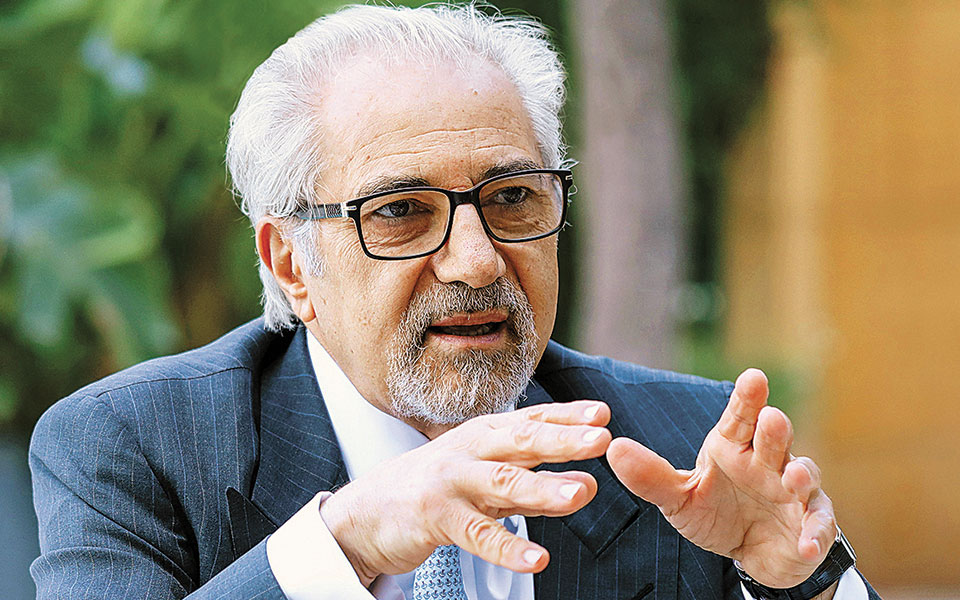
“In 2014, we entered into an agreement with the Japanese company Eisai, which developed therapies Alzheimer’s disease, just like us. Each will go their own way in research and clinical trials and decide on their own economic exploitation with limited coordination. In the end, no matter what happens, no matter what drug comes on the market – or drugs – we will split the profits in half. The first two drugs did not help, but the third, Aducanumab, was the first new drug for the disease to be approved by the U.S. Food and Drug Administration (FDA) in two decades.” On the other end of the telephone line from New York, Mr. Stelios PapadopoulosBiogen Chairman, describes in “K” conditions for an “alliance” of two biotech companies.
“No” from CMS
“The continuation is known. Despite the FDA’s approval, we’ve hit a wall: objections from the CMS, the state council that decides Medicare drug reimbursement, which covers health care costs for people over 65.”
CMS refused to pay for the drug due to doubts that its potential benefits outweighed the risks. Given that the drug was very expensive, this decision left no other choice: its production had to be stopped.

Aducanumab was the first drug for this disease to be approved by the US FDA in two decades.
At the same time, the Japanese continued clinical research on lekanemab, and the first encouraging results were presented at a scientific conference a few days ago. Lecanemab targets the sticky, toxic amyloid-beta protein plaques that build up in the brains of Alzheimer’s patients, gradually destroying their vital neuronal cells and, as a result, their memory and cognitive functions. In 68% of people who took the drug, the brain plaques “cleared” completely, and the progression of the disease, on average, slowed down in all patients. What is the next?
“On January 6, the FDA will decide whether it will issue an emergency clearance this time as well,” Papadopoulos explains. “And from there, the ideal scenario would be to both convince CMS of the effectiveness of the drug and agree to cover the costs of the insured. In this case, Lekanemab will be launched at the beginning of the year. Otherwise, following the standard, more labor-intensive process, it will hit the market in the last quarter of 2023 – unless, of course, the FDA agrees that the newly submitted study supports licensing.”
Japanese
Is this event… an increase in Biogen’s reputation, which was somewhat undermined by the aducanumab scam? “Not one hundred percent. Their cure worked, we didn’t. Well, our Japanese partners did something better,” the Biogen influencer replies with disarming honesty. Christopher Wimbacher will have to make decisions about existing and developing products, as well as about the company’s personnel.We have a lot to think about and something to do.”
As for working with the Japanese? “There will be a continuation. This is a very serious company with a long tradition, a family business that is more than a century old: today the grandson of its founder holds the reins.”
Source: Kathimerini
Jason Root is an accomplished author and journalist, known for his in-depth and informative writing on healthcare topics. He currently works as a writer at 247 News Reel, where he has established himself as a respected voice in the healthcare industry. With a passion for healthcare and an analytical mind, Jason’s writing provides readers with a unique perspective on healthcare.